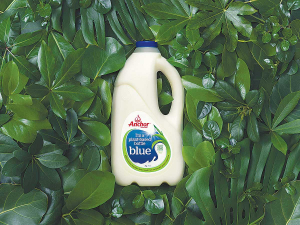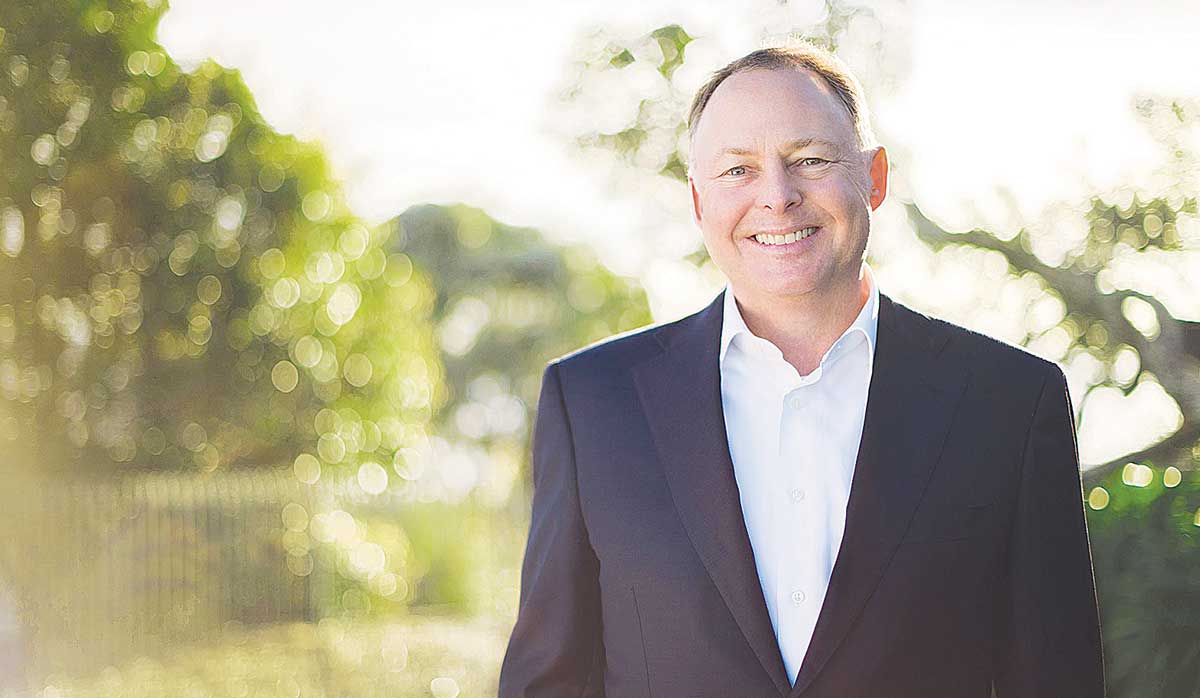Two new awards open to help young farmers progress to farm ownership
Entries have opened for two awards in the New Zealand Dairy Industry Awards (NZDIA) programme, aimed at helping young farmers progress to farm ownership.
 Anchor Blue 2L in the new plant-based bottle will land on shelves across New Zealand’s North Island from this week.
Anchor Blue 2L in the new plant-based bottle will land on shelves across New Zealand’s North Island from this week.
Fonterra is taking another step towards its commitment to having all packaging reusable, recyclable or compostable by 2025.
The co-operative’s consumer business brand Anchor last week launched New Zealand’s first plant-based milk bottle, which is 100% kerbside recyclable.
Anchor Blue 2-litre in the new plant-based bottle will land on shelves across the North Island from this week.
The co-op says while the bottle is still filled with the same fresh milk, it is made from sugarcane.
The sugarcane is natural, renewable and sustainably sourced, and is an alternative to bottles made from non-renewable sources like fossil fuels. It also captures CO2 from the atmosphere as it grows, resulting in a bottle with a low carbon footprint. The sugarcane is made into plant-based HDPE plastic in Brazil and the bottle itself is made here in New Zealand.
Fonterra Brands New Zealand managing director Brett Henshaw says sustainability is important to Kiwis and Fonterra wants to offer consumers an option to make change for good; to purchase a product that comes in more sustainable packaging.
“This plant-based milk bottle is an important component in Fonterra’s wider sustainability strategy. We have also committed to moving towards renewable energy in transport and manufacturing and finding ways to manage and reduce our emissions over the whole supply chain.”
Initially the new plant-based milk bottle will be available in the North Island, with a view to expand distribution and product ranging based on consumer response. Anchor will launch with 300,000 Blue 2L bottles per month.
Research into the new bottle shows that people are looking for products that are sustainably produced and they liked the plant-based bottle concept versus traditional fossil fuel based plastic alternatives.
Anchor commissioned an independent life cycle assessment of the bottle, which concluded this plant-based HDPE also has a lower carbon footprint than the conventional fossil fuel-based HDPE that most plastic milk bottles in New Zealand are made from.
According to research from the Sustainable Business Council, sustainability is becoming increasingly important for New Zealanders – 71% of Kiwis are actively researching the sustainability practices of brands before making a product purchase.
 |
|---|
|
Fonterra Brands NZ managing director Brett Henshaw. |
Two prominent New Zealanders – Richie McCaw and Stacey Morrison – say sustainability is increasingly important for them too and have welcomed the move by Anchor.
Richie McCaw says he grew up on a farm, and his sister is now a dairy farmer. “Innovations such as this are really important for the environment, as well as our dairy industry.”
Broadcaster Stacey Morrison noted that as a family they always look at ways to reduce their footprint or make small changes that help them live more sustainably.
“That mindset is important to me because it’s an effort to look after Aotearoa for our kids, and future generations.”
The Sustainable Business Network has also supported the announcement.
Kate Haselhoff, Project and Partnership Manager, the Sustainable Business Network commented that responsible businesses have an important role to play in addressing sustainability in packaging.
“So it’s really encouraging to see a prominent business like Fonterra undertake new trials and innovation in the packaging space as we look to transition to a circular economy.”
The Meat Industry Association (MIA) is once again looking for game-changing ideas for New Zealand's red meat processing and exporting sector.
Environment Southland is inviting feedback on two bylaws that play a critical role in safeguarding the region's waterways and ensuring the safety of the local community.
While the North Island is inundated with rain, Southland is facing receding water levels as warm weather and lack of rainfall continues.
Entries have opened for the 2026 Fieldays Innovation Awards.
Organisers are expecting another full field of 40 of the country’s top shearers for the popular Speed Shearing event at this year’s Southern Field Days at Waimumu.
The Southern Field Days Innovation Awards have a great record in picking winners and the winner of the 2024 event will be putting up a display to support the event at this year’s show.